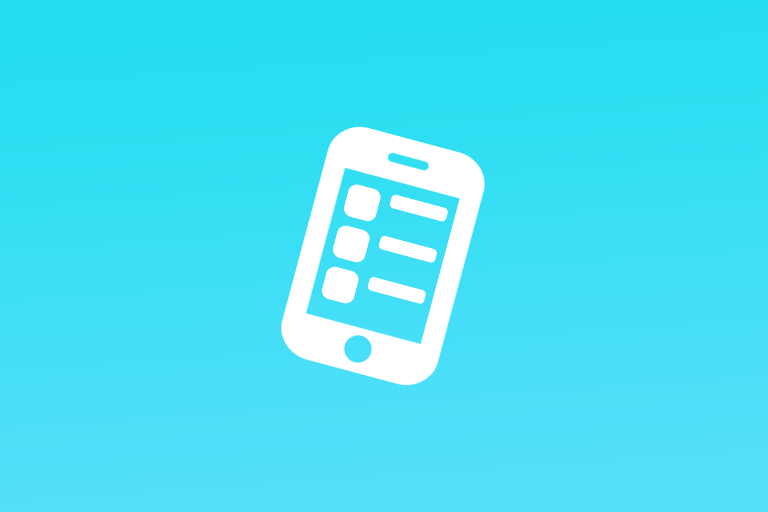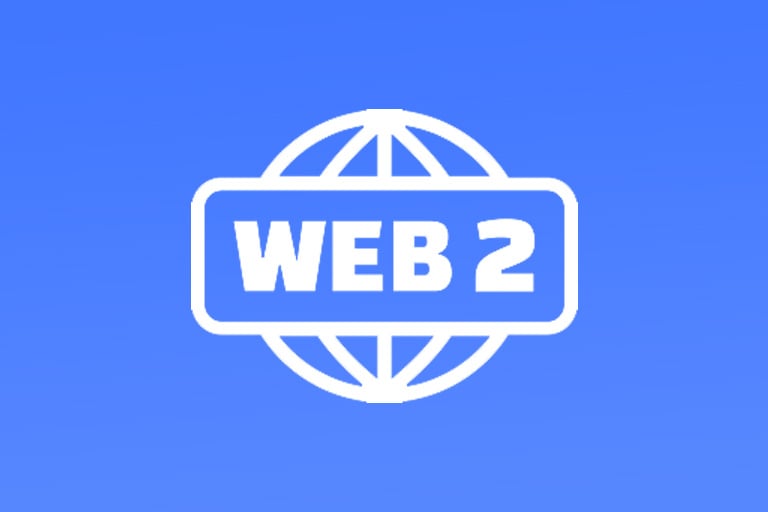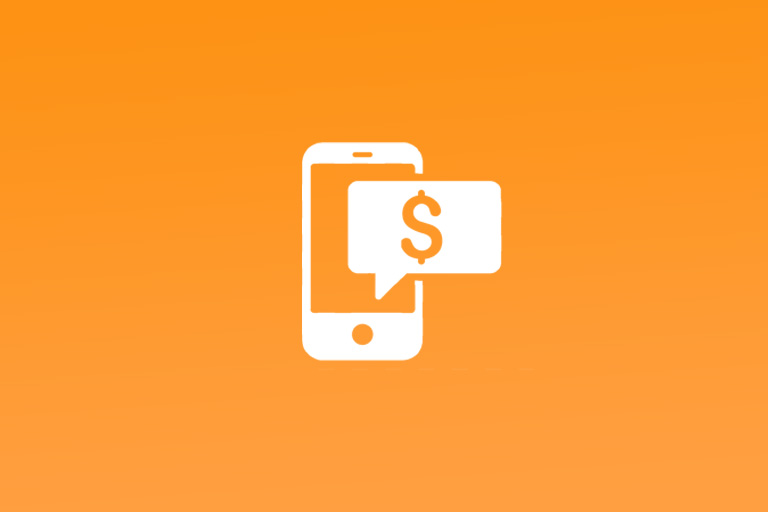SMS marketing remains a powerful tool in marketing, offering direct and immediate access to users. With an open rate of 98%, it’s a channel that guarantees your message is seen. However, crafting an effective SMS marketing campaign requires strategic planning and execution.
What Is SMS Marketing?
SMS marketing, also known as text message marketing, is a tool app marketers can use to reach their audience directly on their mobile devices. It involves sending permission-based promotional messages, informational texts, or transactional updates to users who have opted in to receive them.
Continue reading: SMS Marketing
Difference between SMS Marketing and Instant Message (IM) Marketing
Marketing through internet-based messaging services, often referred to as instant messaging (IM) marketing, leverages platforms like WhatsApp, Telegram, Facebook Messenger, Viber, and others to reach and engage with audiences.
While both SMS marketing and Instant Message(IM) marketing are forms of direct messaging to users, they differ significantly in terms of platform, content capabilities, interaction possibilities, reach, and cost. Instant Message(IM) marketing offers more advanced and interactive features compared to the more straightforward text-based approach of SMS marketing.
SMS marketing is universal and immediate, best for short and urgent messages. Instant Message(IM) marketing offers richer, more interactive experiences but is limited to specific app users with internet access. Choose the approach that fits your audience and campaign goals.
Benefits of SMS Marketing
While IM marketing offers rich and interactive experiences, SMS marketing provides unmatched advantages in terms of reach, immediacy, and simplicity. It ensures your message is seen and acted upon, regardless of internet connectivity or app preferences. Here are some of the benefits of SMS marketing:
-
Targeted Messaging: SMS allows for direct and personalized communication with customers. Messages can be customized based on user preferences and behavior, making them more relevant.
-
Universal Accessibility: Almost everyone has a mobile phone capable of receiving text messages, regardless of internet access. This makes SMS a highly accessible communication channel. SMS also doesn't rely on internet access, making it perfect for reaching customers in areas with poor connectivity or for audiences who prefer non-internet It can be easily integrated with other marketing channels such as email, social media, and direct mail to create a cohesive multi-channel marketing strategy.
-
Affordable Campaigns: SMS marketing can be more cost-effective compared to other forms of marketing, especially when targeting large audiences. Bulk SMS services offer competitive rates. Given its affordability and high engagement rates, SMS marketing often delivers a high return on investment (ROI) compared to other marketing channels.
-
Instant Communication and Effective Call-to-Actions: SMS messages are delivered almost instantly, making them ideal for time-sensitive promotions, alerts, and reminders. Due to the personal and immediate nature of SMS, conversion rates for SMS marketing campaigns tend to be high. Users are more likely to act on a well-crafted SMS. It often prompt immediate action from recipients, whether it's clicking a link, redeeming a coupon, or replying to the message. SMS's character limit forces marketers to be concise and clear, ensuring that messages are easy to read and understand. It also allows for interactive communication. Customers can reply to messages, participate in surveys, or engage in text-based conversations with customer service.
-
Scheduled Messaging: SMS marketing platforms often come with automation features, allowing businesses to schedule messages, set up auto-responses, and run drip campaigns.
-
Measurable Results: SMS marketing platforms provide analytics and reporting tools to track delivery rates, open rates, click-through rates, and conversions, helping to measure the success of campaigns.
How To Create SMS Marketing To Promote Your App?
Here's how to craft SMS marketing campaigns that resonate with your audience:
Step 1: Gather Opt-in and Ask For Permission
SMS marketing is permission-based for a reason. Nobody wants spammy texts. Focus on gathering opt-ins organically through your app, website, or social media. Offer incentives like early access to features or exclusive discounts in exchange for phone numbers. Be transparent about the types of messages users will receive and how often. Remember, building trust is paramount.
Step 2: Keep The Content Short, Sweet, and Actionable
SMS messages have a character limit, typically 160 characters. Your messages need to be clear, concise, and to the point. Ensure that your call-to-action (CTA) is prominent and easy to understand.
Do's:
-
Start with a strong hook to grab attention.
-
Use simple language and avoid jargon.
-
Place the CTA early in the message to ensure it’s seen.
-
Focus on how your app solves a user's problem or enhances their life.
-
Limited-time offers or flash sales can incentivize immediate action.
-
Do personalization when possible. A simple "Hey [Name]" goes a long way.
-
Tell users exactly what you want them to do, whether it's downloading the app, using a specific feature, or referring a friend.
Step 3: Send at the Right Moment
Sending promotional texts during late hours, especially at night, can be intrusive and annoying for recipients. It's generally best to avoid sending messages during times when people are likely to be asleep or busy. Research suggests weekdays between 10 am and 3 pm are optimal. Consider time zone differences if your audience is global. Transactional messages like order confirmations or login codes can be sent anytime.
Do's
-
Avoid sending messages during early mornings or late nights.
-
Experiment with different times to see when your audience is most responsive.
-
Use automated tools to schedule messages at optimal times.
Step 4: Personalized and Tailor Your Message
Not all users are created equal. Segment your audience based on demographics, interests, or in-app behavior. This allows you to send targeted messages that resonate with specific user groups, maximizing engagement.
Step 5: Ensure Compliance with Regulations
Adhering to SMS marketing regulations is crucial to avoid legal issues and maintain user trust. Ensure that your messages are compliant with the laws and regulations in your region.
Do's:
-
Obtain explicit consent from users before sending SMS messages.
-
Provide an easy opt-out mechanism in every message.
-
Familiarize yourself with local regulations such as the TCPA in the US or GDPR in Europe.
Step 6: Track and Analyze The Performance
Don't just send blindly. Track key metrics like open rates, click-through rates, and app downloads. Analyze which messages resonate and adapt your strategy accordingly. A/B testing different approaches can help you identify the most effective messaging for your audience. Use automated tools to send welcome messages, reminders, and follow-ups.
Step 7: Integrate SMS with Other Marketing Channels
To improve further your app marketing strategy, integrate SMS with your other marketing channels. This can enhance the user experience and create a more cohesive brand message.
Do's:
-
Coordinate SMS campaigns with email marketing, social media, and in-app notifications.
-
Use SMS to drive traffic to your app, website, or social media pages.
-
Track user interactions across channels to provide a seamless experience.
Bonus: Utilizing Multimedia Messaging Service (MMS)
While text is king, don't underestimate the power of Multimedia Messaging Service (MMS). Eye-catching visuals can grab attention and showcase your app's features. Use MMS strategically for product launches, showcasing app updates, or highlighting user-generated content.
Examples Of SMS Marketing For App Marketing
1. App Download Promotion:
"📱 Don't miss out on the latest features! Download our app today and get 20% off your first in-app purchase. Click here to download: [App Link]."
2. New Feature Announcement:
"Exciting news! We've just launched a new feature in our app that makes [specific task] easier than ever. Update your app now to try it out!"
3. Special Offers and Discounts:
"🎉 Exclusive app offer just for you! Enjoy 25% off on all app purchases this weekend only. Use code APP25 at checkout. Download now: [App Link]."
4. Reminder for Inactive Users:
"Hey [Name], we noticed you haven't used our app in a while. We've added some awesome new features you might like! Open the app now to see what's new."
5. App Engagement and Rewards:
"🏋️♀️Earn double points on all app purchases this month! Shop now and watch your rewards grow. Download our app to get started: [App Link]."
6. Personalized Recommendations:
"Hi [Name], based on your recent activity, we think you'll love [specific feature/product] in our app. Check it out now and let us know what you think!"
7. Referral Program Promotion:
"Share the love! Refer a friend to our app and both of you will get $10 credit. Spread the word and start earning rewards today. Download now: [App Link]."
Conclusion
SMS marketing is an incredibly powerful tool for app marketers, but success requires a strategic approach. By building trust, crafting compelling content, and delivering messages at the optimal time, you can transform text messages into a goldmine for user acquisition and engagement. Put your thumbs to work and create SMS campaigns that ensure your app stands out and gets noticed!
Get Professional App Marketing Service With FoxData
Ready to make your app shine? Optimize your app's visibility and rankings with FoxData by leveraging our powerful insights today! Enhance your digital presence with FoxAdvert, our expert digital marketing agency! Partner with our expert team for targeted advertising strategies that drive results. Let's get started!








